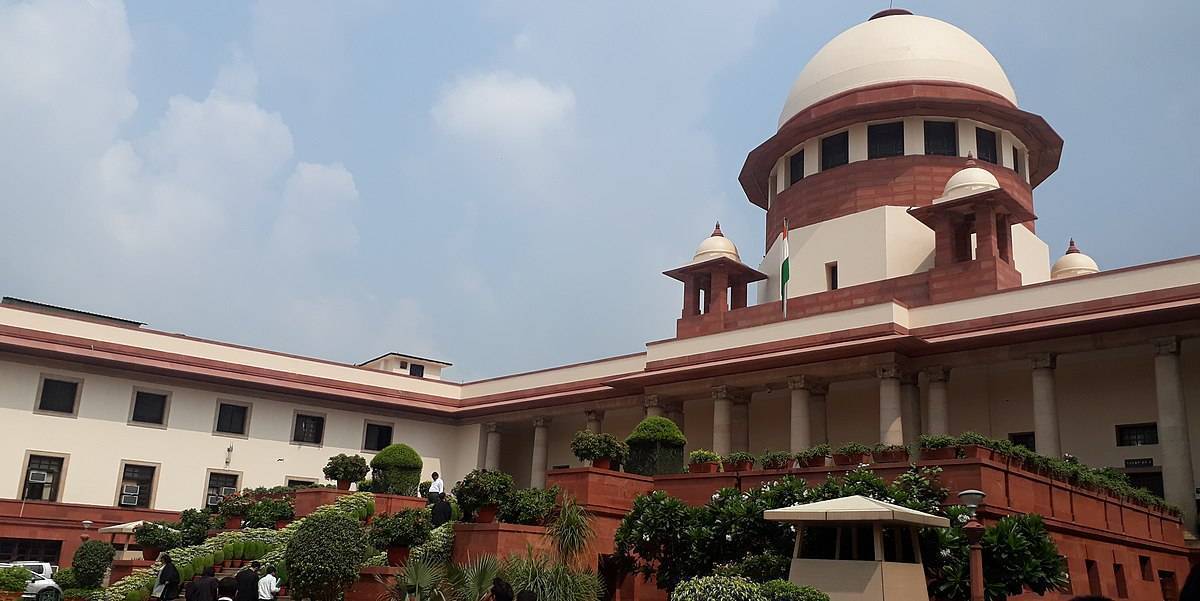The Real Estate Regulation and Development Act, 2016 (RERA), marked a turning point in the Indian real estate sector, providing much-needed transparency, accountability, and consumer protection. Promoters, as central figures in the development and marketing of real estate projects, bear critical responsibilities under RERA to ensure fairness and compliance with legal requirements. This article details the duties of promoters under RERA, highlighting their pivotal role in shaping a transparent and regulated industry.
Understanding the Promoter’s Role Under RERA
As per Section 2(zk) of RERA, a promoter encompasses a broad category that includes individuals, companies, firms, or any entity responsible for the planning, marketing, and execution of real estate projects. Whether developers, builders, or landowners, promoters are tasked with obtaining necessary approvals, delivering projects as promised, and maintaining transparent dealings throughout the project lifecycle.
Key Functions and Duties of Promoters Under RERA
RERA outlines various mandatory functions that promoters must fulfill to safeguard the interests of homebuyers and ensure ethical practices in the real estate sector. Below are the primary duties:
Key Duties and Functions of a Promoter
Project Registration with RERA:
Before starting any promotional activities, the promoter must register the project with the respective state's RERA authority. The registration is mandatory for all real estate projects exceeding the specified land or apartment area. Without registration, the promoter cannot advertise, market, or sell any units.
Create Web Page on RERA Website:
After successful registration, the promoter is required to create a webpage on the RERA website for the project. The webpage must display all essential project details, including the sanctioned plans, layout, approvals, timelines, and amenities, ensuring public access to complete and accurate information.
No Advertising or Marketing Without Registration:
Promoters are prohibited from advertising, marketing, or selling the proposed real estate project without registering the project with the relevant RERA authority. This provision ensures that only legally compliant projects are marketed to potential buyers.
Disclosure of Information to Buyers:
At the time of booking and during the issuance of allotment letters, the promoter must provide certain essential documents to buyers. These include the sanctioned plans, layout plans, and project specifications approved by the competent authority, allowing buyers to make informed decisions.
Timely Disclosure of Project Schedule:
The promoter is also required to provide a clear, stage-wise timeline for the completion of the project. This includes details of civic infrastructure such as water supply, sanitation, electricity, and other necessary services. Adherence to this schedule ensures accountability for the timely completion of the project.
Obtain Completion and Occupancy Certificates:
Upon project completion, the promoter must obtain the Completion Certificate (CC) and Occupancy Certificate (OC) from the relevant local authority. These certificates signify that the project has been completed in compliance with approved plans and that it is fit for occupation. The promoter must hand over these certificates to the individual allottees or the association of allottees.
Provision of Lease Certificate (If on Leasehold Land):
If the project is being developed on leasehold land, the promoter is responsible for obtaining the Lease Certificate. This certificate specifies the lease period, confirms that all dues related to the lease have been paid, and must be handed over to the association of allottees.
Refund in Case of Failure to Give Possession on Time:
If the promoter fails to deliver possession of the property by the promised date, they are liable to refund the full amount received from the buyers along with interest as specified under RERA. This provision protects buyers from project delays and enforces the promoter’s responsibility to meet deadlines.
Maintenance of Escrow Account for Project Funds:
RERA mandates that promoters deposit 70% of the funds received from buyers into a designated escrow account. The funds in this account can only be withdrawn for the purpose of covering construction and land costs and must be certified by an architect, engineer, and chartered accountant. This provision prevents fund diversion and ensures that the money is used solely for the project.
No Alteration in Plans Without Buyer Consent:
Promoters cannot make any alterations to the sanctioned plans or project specifications without the prior consent of the buyers. If changes are necessary, the promoter must seek approval from at least two-thirds of the allottees, ensuring transparency and buyer participation in major decisions.
Provision for Essential Services:
Until the association of allottees is formed and takes over the management of the project, the promoter is responsible for providing essential services such as water supply, electricity, sanitation, and security. The promoter must also ensure that these services are provided at reasonable rates.
Transfer of Project Ownership and Formation of Buyer Associations:
The promoter must facilitate the formation of a cooperative society or an association of buyers within a specified time frame after a majority of units have been sold. After completing the project, the promoter is responsible for transferring the title and management of the common areas to the buyer association, thereby empowering the homeowners to manage the property.
Defects Liability Period:
Promoters are responsible for rectifying any structural defects or quality issues identified within five years of handing over possession. If any issues arise during this period, the promoter must address and fix them at no additional cost to the buyer.
Grievance Redressal Mechanism:
The promoter must have a robust grievance redressal mechanism in place to handle buyer complaints and disputes. This mechanism should ensure that all complaints are resolved efficiently and fairly in accordance with RERA provisions.
Maintain Project Accounts and Make Records Accessible:
Promoters are required to maintain proper records of the project’s financial transactions, construction progress, and other relevant details. These records must be made available for inspection by the authorities and the buyers, promoting transparency in the management of the project.
Penalties for Non-Compliance
Failure to comply with RERA provisions can lead to stringent penalties. These include fines, imprisonment, or cancellation of the project. Non-compliance with registration, failure to provide accurate information, or misleading advertisements can attract severe financial penalties and damage the promoter's reputation.
- Financial Fines: Promoters may face fines up to 10% of the estimated cost of the project for non-compliance with RERA.
- Imprisonment: In cases of serious violations, promoters may face imprisonment for up to three years.
- Project Cancellation: The RERA authority has the power to cancel a project’s registration in the case of persistent violations, preventing the promoter from proceeding with the project.
Conclusion
The role of a promoter under RERA is essential to ensuring that real estate projects are completed with transparency, accountability, and on time. By following RERA's rules, promoters safeguard homebuyers' interests, ensure legal compliance, and help create a more reliable real estate market in India.









.png)